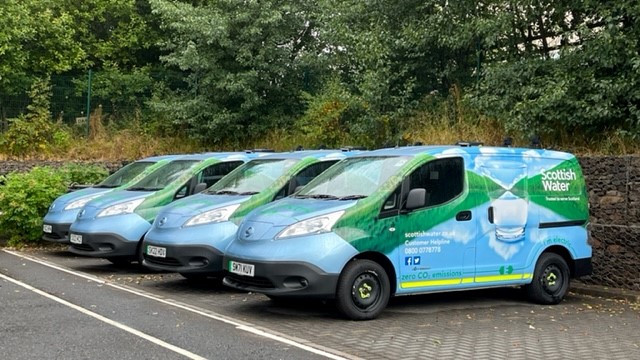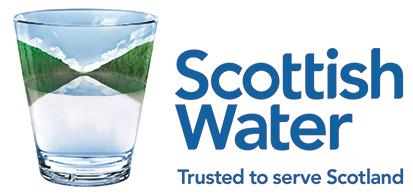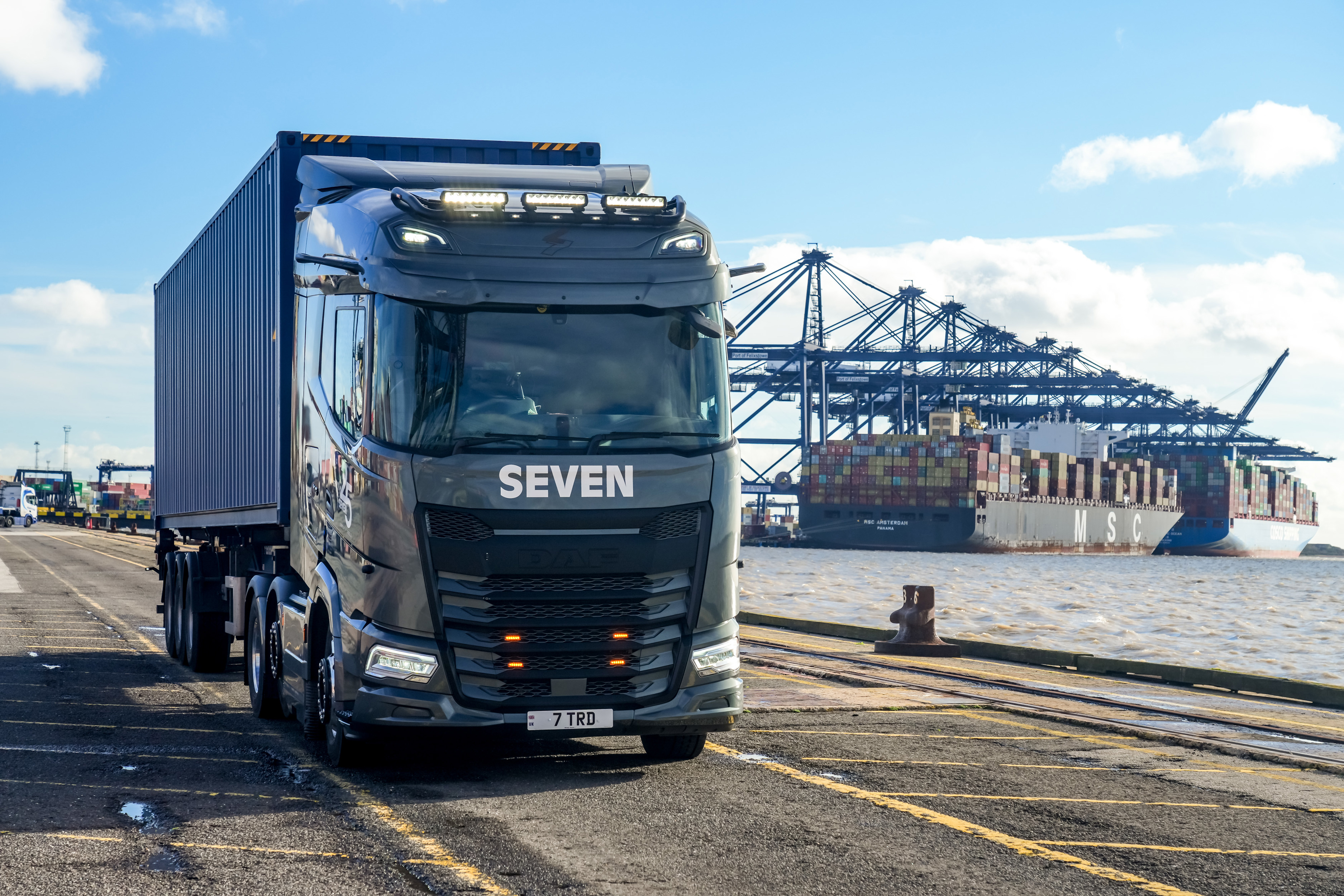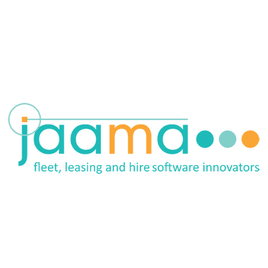Advertisement feature from Jaama
Satisfying every rule and regulation to maintain an operator’s licence can be a time-consuming affair, but good IT solutions will automate processes and provide fleet decision-makers with instant access to vital vehicle and driver information
Case study: Scottish Water
There are two vital checks required for fleet managers of heavy goods vehicles (HGVs) in order to comply with the rules and regulations required to maintain an operator’s licence.
The first and foremost is always to ensure the safe and proper use of vehicles for the safety of drivers and other road users.
The second is to consider the impact if a traffic commissioner were to suspend or revoke the O-licence, removing an organisation’s permission to operate vehicles weighing more than 3.5 tonnes.
For Scottish Water, it is unthinkable that it might ever be unable to fulfil their duties to customers because it is prohibited from operating HGVs.
“We treat safety and compliance very seriously in all aspects of our business and transport is obviously a significant aspect,” said Elaine Pringle, Fleet Manager, Scottish Water.
“Without our fleet of vans and HGVs, we would be unable to provide essential water and waste water services for our customers.”
Technology plays a huge role in helping Scottish Water manage its fleet compliance, from the daily pre-use vehicle checks by drivers, to driving licence checks, tachograph analysis, telematics and vehicle maintenance scheduling and record keeping.

Replacing manual processes with digital workflows and swapping paper for online data brings substantial efficiency gains.
“For pre-use checks, it’s easier for drivers to complete on an app rather than using pen and paper which comes with the real benefit of providing the fleet team with real-time information,” added Pringle.
It’s the same story with tachograph analysis where software has overtaken the labour-intensive role of collating and checking logbooks.
Having taken the management of fleet maintenance back in house just over a year ago to achieve better control and management of its assets, Scottish Water needed a new software system capable of scheduling service, maintenance and repairs (SMRs) with workshops, garages and tyre, glass and breakdown service providers and to hold all of their maintenance information in one place.
After a competitive tender, the publicly-owned utility selected Jaama’s Key2 Asset Management System and is also working towards adding suppliers in its maintenance network to use Jaama’s Maintenance Exchange which will make it easier to automate maintenance bookings, job authorisation, document management and payment of maintenance jobs.
“Our fleet team are now using Key2 to arrange our scheduled and reactive maintenance events with our network of maintenance suppliers. The system allows us to monitor alerts real-time as well as report on completed or scheduled events. We also use it to monitor VOR (vehicle off road) and uptime, which is a particularly challenging area for the industry at the moment,” said Pringle.
“We want further system integration which will allow us to perform multiple end to end compliance activities.“So, for example, if a driver completes a pre-use check and reports a defect via the app that the information comes through to our maintenance team automatically.
Our maintenance system arranges the workshop booking and work authorisation, manages the process through to the completion of the work, and then holds all the necessary paperwork,” said Pringle.

Case study: Seven Asset Management
There’s no such thing as office hours for commercial vehicle fleets whose trucks operate around the clock, 365 days of the year.
In this 24/7 environment, waiting for paperwork and phone calls is a barrier to business when technology could provide essential information that flows through automatically and is available at the click of a mouse.
“Live data for customers is really important,” said David Skerman, general manager Operations at Seven Asset Management, the fast-growing contract hire firm with a fleet of more than 1,800 HGVs and 1,000 light commercial vehicles.
“We are trying to give customers more information at their fingertips,” he added.
Eliminating the need for phone calls and emails to request routine details and data makes life more convenient for clients and frees Seven’s management time to focus on areas “where we can improve the customer journey,” said Skerman.
“Customers need to have live fleet access, live compliance document access, and planners for their compliance. Transport is all about forward planning.”
From the moment Seven supplies a new vehicle, it plans every maintenance event throughout the life of the contract, and the company is looking to strengthen the three-way interaction between itself, its customers and the workshops that maintain its vehicles.
Skerman explained: “The more we can do through an interactive system, rather than clogging phone lines with calls and inboxes with emails, the better.
“If an operator has a large fleet and has to continue to email and call service providers every day for the same information, then we are being inefficient.”

Seven has spent 18 months working with fleet software specialist Jaama to help develop its new Maintenance Exchange solution.
“The system allows people to make decisions at their desk without having to pick up the phone or send an email,” Skerman added.
Automating processes is also highlighting issues sooner, compared with a paper trail, he added, citing Seven’s automated checklist that goes through service sheets to make sure there are no errors.
“Accuracy is imperative with automation as mistakes can cause huge issues if there’s an accident or RTA. Everything needs to be audited and 100% correct.”
Fleet software is also allowing Seven and its customers to monitor the business-critical issue of vehicle downtime, tracking how many trucks are off the road, for how long, identifying pinch points, and spotting any patterns relating to mechanical failures.
“We have years of mechanical data on HGVs and there is a definite correlation between daily defect checks, fleet standards, compliance standards and servicing vehicles on time vs mechanical reliability,” said Skerman.
Bringing this all together has seen Seven invest heavily and consistently in its IT infrastructure, working with Jaama for more than a decade.
“We are growing rapidly, have some fantastic new customers on board, and we need a supplier that can be adaptable,” said Skerman.
“Some other providers have a lack of transparency about their own product road maps, and when you want something changing there is either a long-winded development process that costs an inordinate amount of money, or it’s not achievable and you are at a roadblock.
“At Seven we want to be on the front foot, ready, for example, to help our customers with any changes in legislation or requirements so working with Jaama enables us to adapt
and evolve.”
![]()
For further information visit our website here; email enquiries@jaama.co.uk or call 0844 8484 333














Login to comment
Comments
No comments have been made yet.